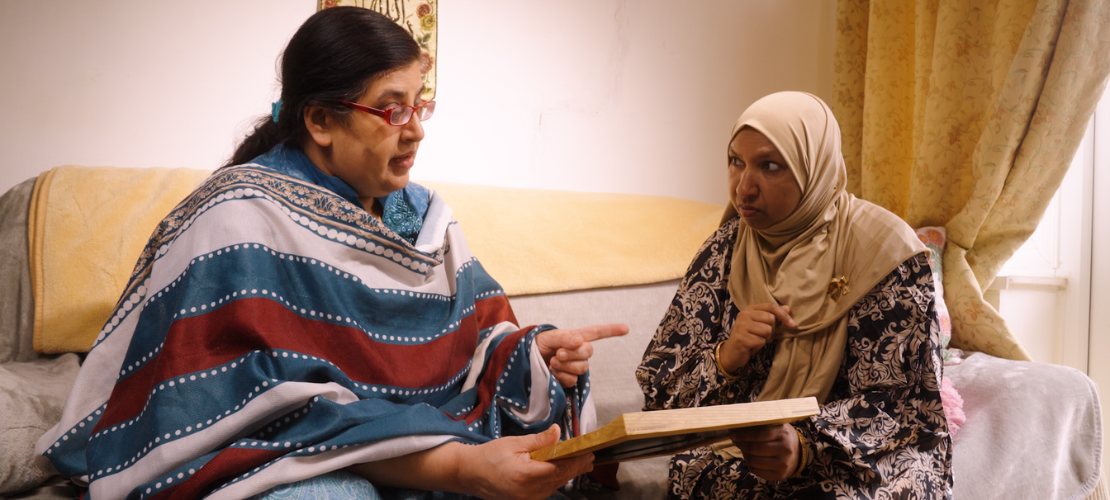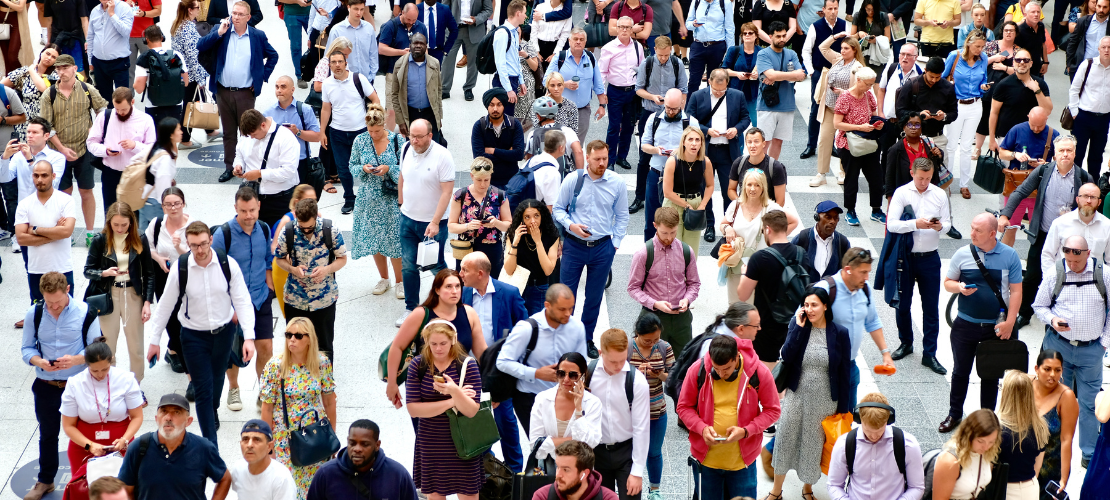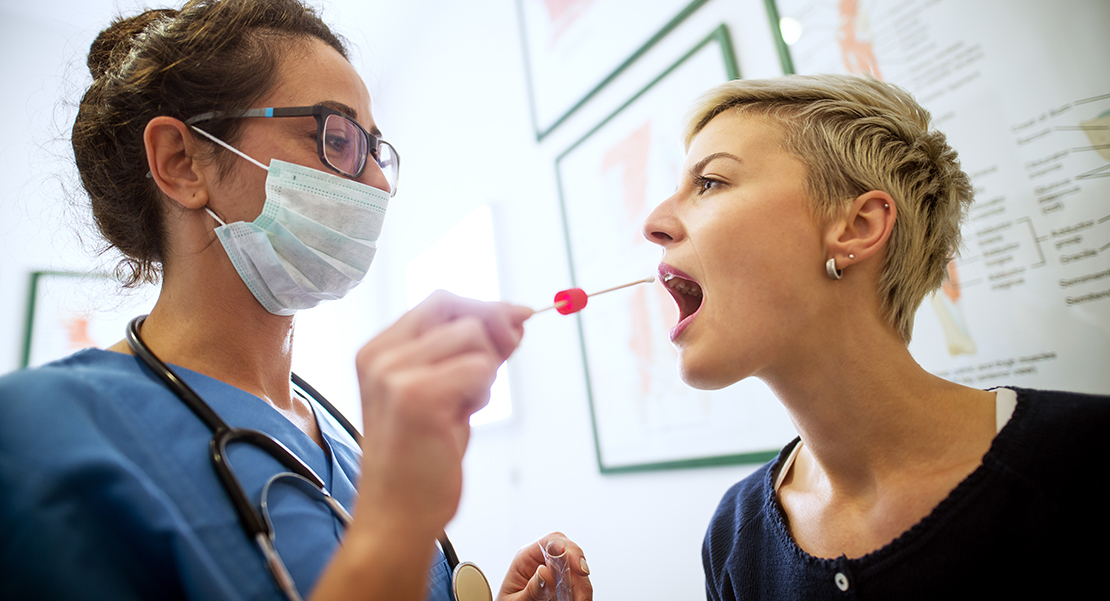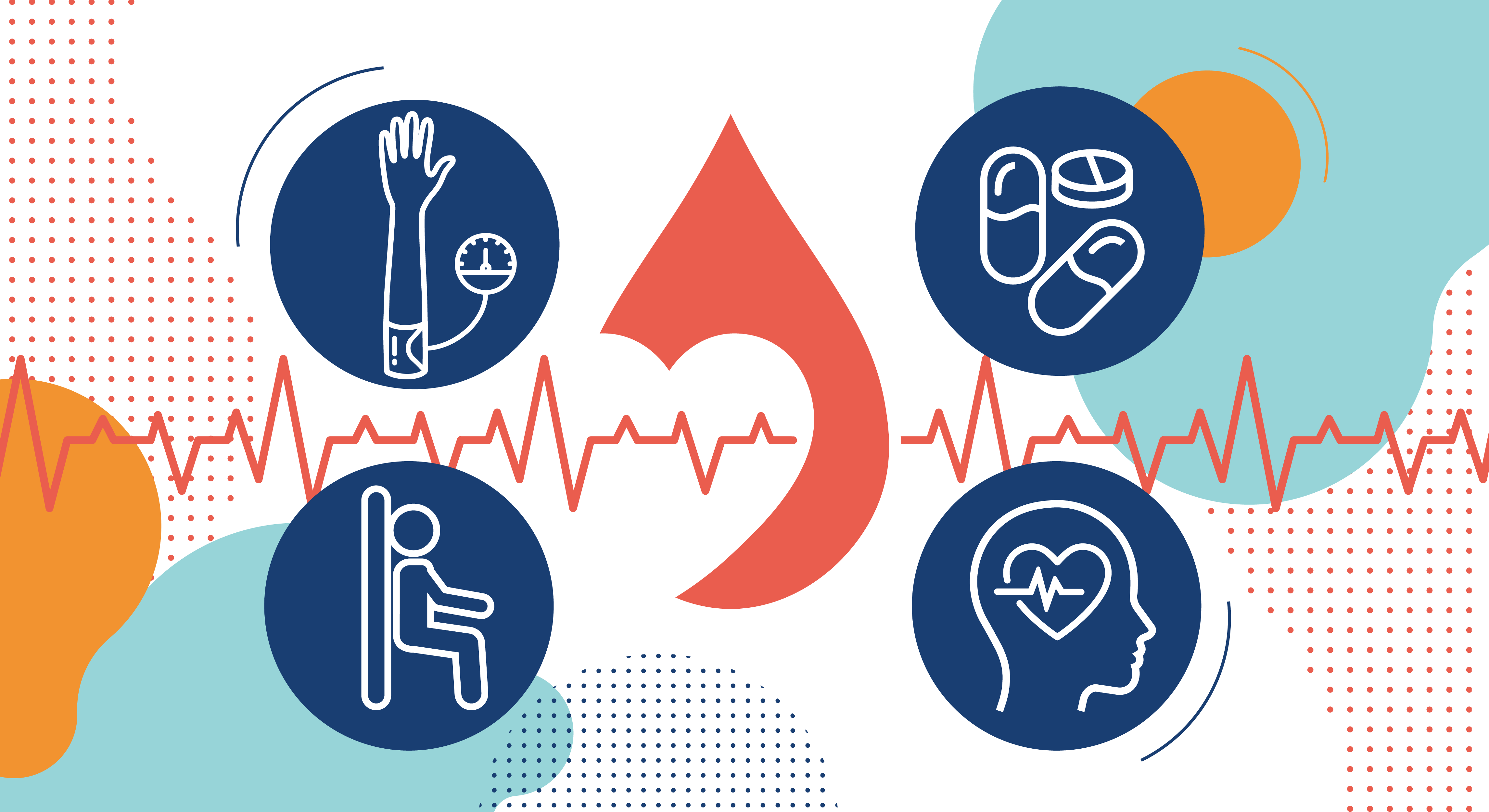To mark South Asian Heritage Month, we are shining a light on people of South Asian heritage who took part in research studies supported by the National Institute for Health and Care Research (NIHR).
It is vital that people of all ethnicities take part in clinical trials, so that new treatments work for and benefit everyone.
More than 630,000 people have signed up to Be Part of Research, but of these, currently only 38,000 are of Asian origin. This means it is likely that even fewer of those signed up will be of South Asian origin.
To ensure our research involves people of South Asian heritage, we are encouraging more people from South Asian communities to sign up to Be Part of Research.
Here are just a few of our research volunteers.
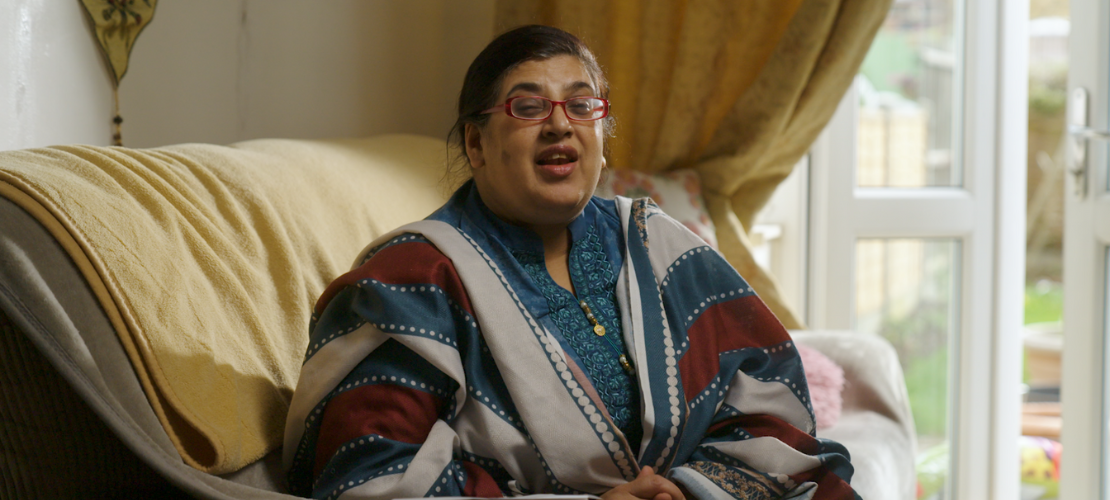
Meet Naila
Naila, a shop worker from Essex, took part in the Genes & Health study, which is supported by the NIHR. This study is looking at British Pakistani and British Bangladeshi communities to better understand how genetics affect the high rates of heart disease, diabetes and poor health in these groups.
The 52-year-old, who lives with her husband and children in Southend, Essex, decided to take part because of a strong family history of various health conditions. Her mother lived with asthma, lupus, and diabetes, and her niece died of breast cancer at a young age.
She found out about the study when she met her local research team at a community health event, and she immediately wanted to get involved.
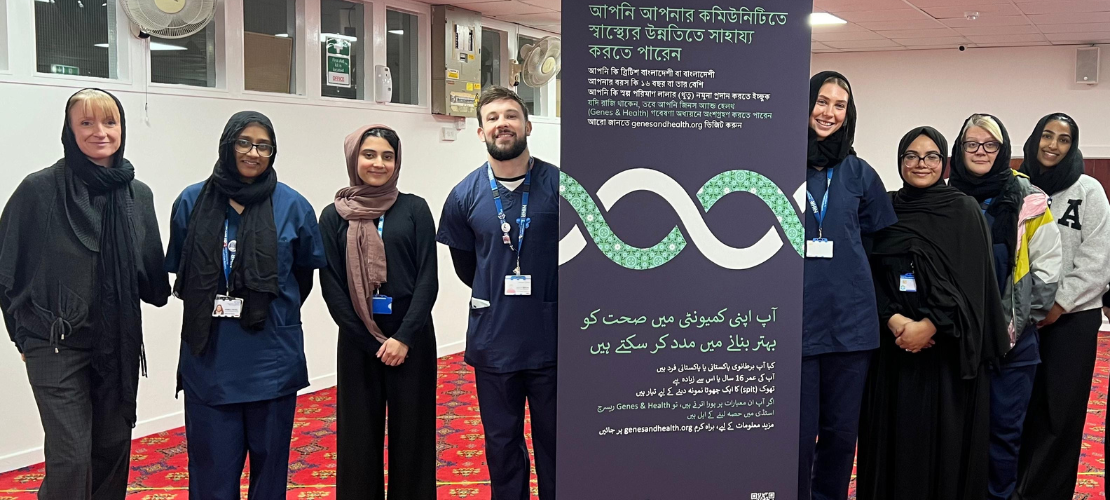
Genes & Health
The Genes & Health study has recruited more than 70,000 people nationwide. It is the world’s largest community-based study of genetics and health in British Bangladeshis and British Pakistanis.
The NIHR is actively engaging with local communities to offer lots of participation opportunities in various different locations.
This includes making pre-arranged visits to mosques in Greater Manchester during Friday Prayers. These sessions, where the Imam talks to the congregation about the many opportunities to be part of the research have been extremely popular.
These sessions involved up to 80 people at a time.
One participant, Usman Muhammad, 27, of Burnage, said: "The reason I thought it was important is because I am Pakistani myself. Being from the background, I'm aware that diabetes and high blood pressure is a common issue that we have within our community. I saw this as a good opportunity to provide my own sample and hopefully it helps towards the research."
Genes & Health has already made important discoveries. For example, it has shown certain medications given to people after a heart attack to prevent further problems may not be effective. This has led to a change in how these drugs are prescribed.
People who have a history of heart conditions in their family often have a higher risk of developing similar health problems.
This is particularly true in the South Asian population. For example, South Asians are almost twice as likely to develop coronary heart disease (CHD) than White Europeans, says the British Heart Foundation.
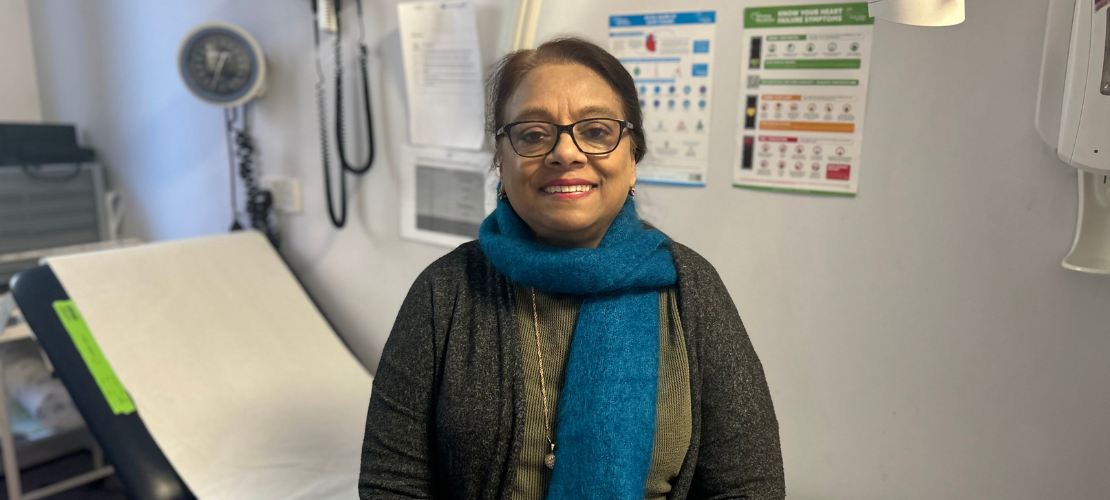
Meet Zabeen
Zabeen, a nurse from London, has seen this pattern play out in her own family. “My mother passed away at the young age of 64 from heart disease, and my father lived with angina and died at 75,” Zabeen said.
“My sister, who lives in Mauritius, had blocked arteries and has been through a triple bypass surgery. Thankfully she is doing well now. And my son is very strict with his diet but has high cholesterol.
“So when I was asked to take part in research I thought it would be a good way to help.”
Zabeen was attending an appointment at her local NHS hospital when she first heard about the health research study.
The opportunity to take part is a chance to break the cycle and help not only in her own family, but others too, Zabeen believes.
“The tablet being tested in this trial could help to better control cholesterol, which could be beneficial to the whole world. Why not take part? It's for future generations.”
Take part in research
Find out more about how the Be Part of Research service can help you find and take part in potentially life-changing health and care research.
